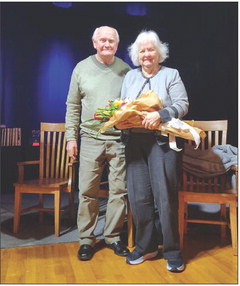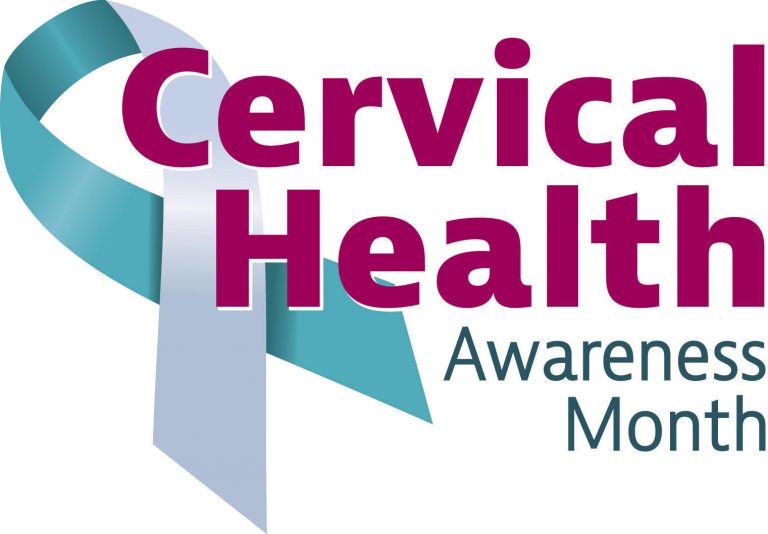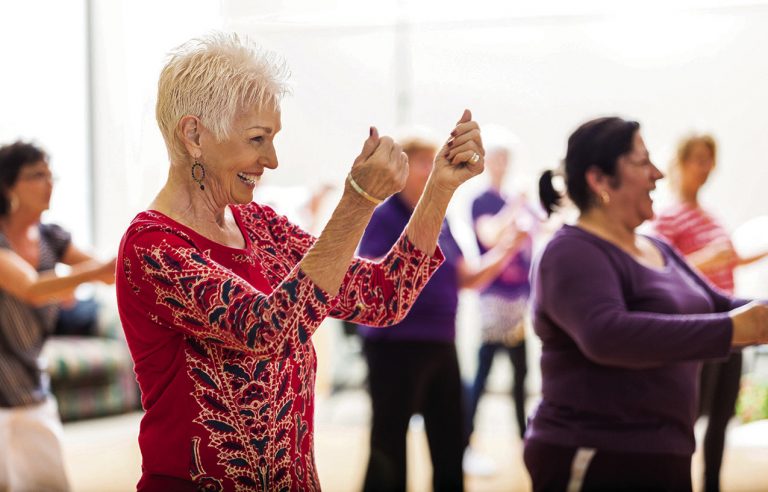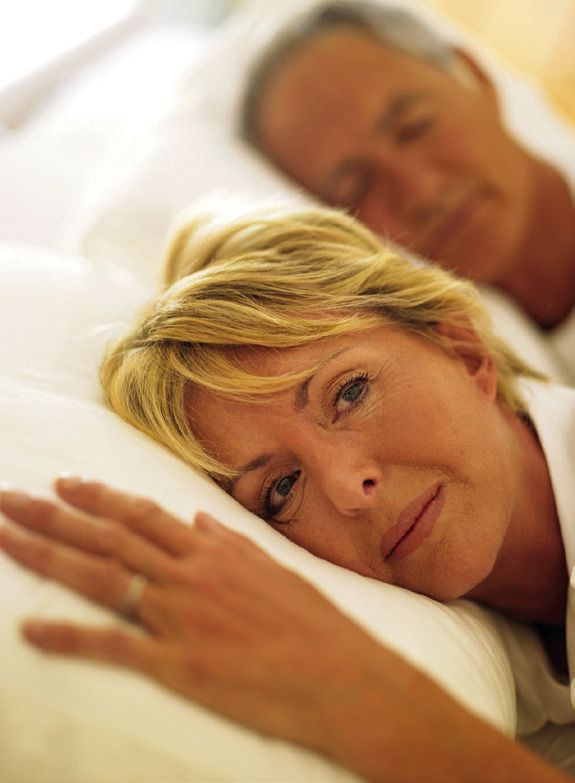Congratulations to Our Spelling Bee Winners

Another fantastic Searcy County Spelling Bee in Marshall today as Marshall 8th grader Caleb Mainord took 1st Place after 16 rounds and 57 total words! 2nd Place went to Claire Whitelaw, a Leslie Intermediate School 5th grader, and third to Samuel Beckwith, a Marshall 7th grader! Three other finalists represented St. Joe Elementary and the Ozark Mountain School District, Kingston Hill, Kylee Berkley, and Karma Saxon! Congratulations to all of these champion spellers! Caleb Mainord now progresses to the Arkansas State Championship on 8 March! Thanks to Pronouncer Tammy Decker, Judges Dorothy Taylor, Shantal Fikes, and Heather Knapp, Program Coordinator Loni Kelley, and contest Sponsor the Greater Searcy County Chamber of Commerce!








